
Which Cloud Platform to Learn in 2025? Full Comparison of AWS, Azure, and GCP
As someone working in tech, I often get asked: “Which cloud platform should I learn in 2025 , AWS, Azure, or GCP?” And honestly, it’s a vital question if you want to grow your career in cloud computing. The landscape is fast-moving, and each provider brings something different to the table.
So I put together this analysis based on what I’ve seen in current trends, industry demand, expert guidance, and updated career data.
You’ll learn:
Which cloud platform is growing the fastest
Where the highest salaries are
What certifications and roles are in demand
How to choose based on your background (Microsoft, AI/ML, DevOps, etc.)
Why a hybrid/multi-cloud approach might be the best long-term strategy

Cloud Market Share in 2025
The three giants , AWS, Azure, and GCP , are still dominating the market, though their positions shift slightly every year:
- AWS (Amazon Web Services): Still the leader, holding about 29–31% of global market share in Q1 2025. But compared to past years, that number has dipped a little.
- Microsoft Azure: Keeps growing steadily, sitting at around 21–22%. It’s a go-to choice for businesses already invested in Microsoft.
- GCP (Google Cloud Platform): Still third, but it’s catching up, hitting 11–12% in Q1 2025 and showing strong year-on-year growth.
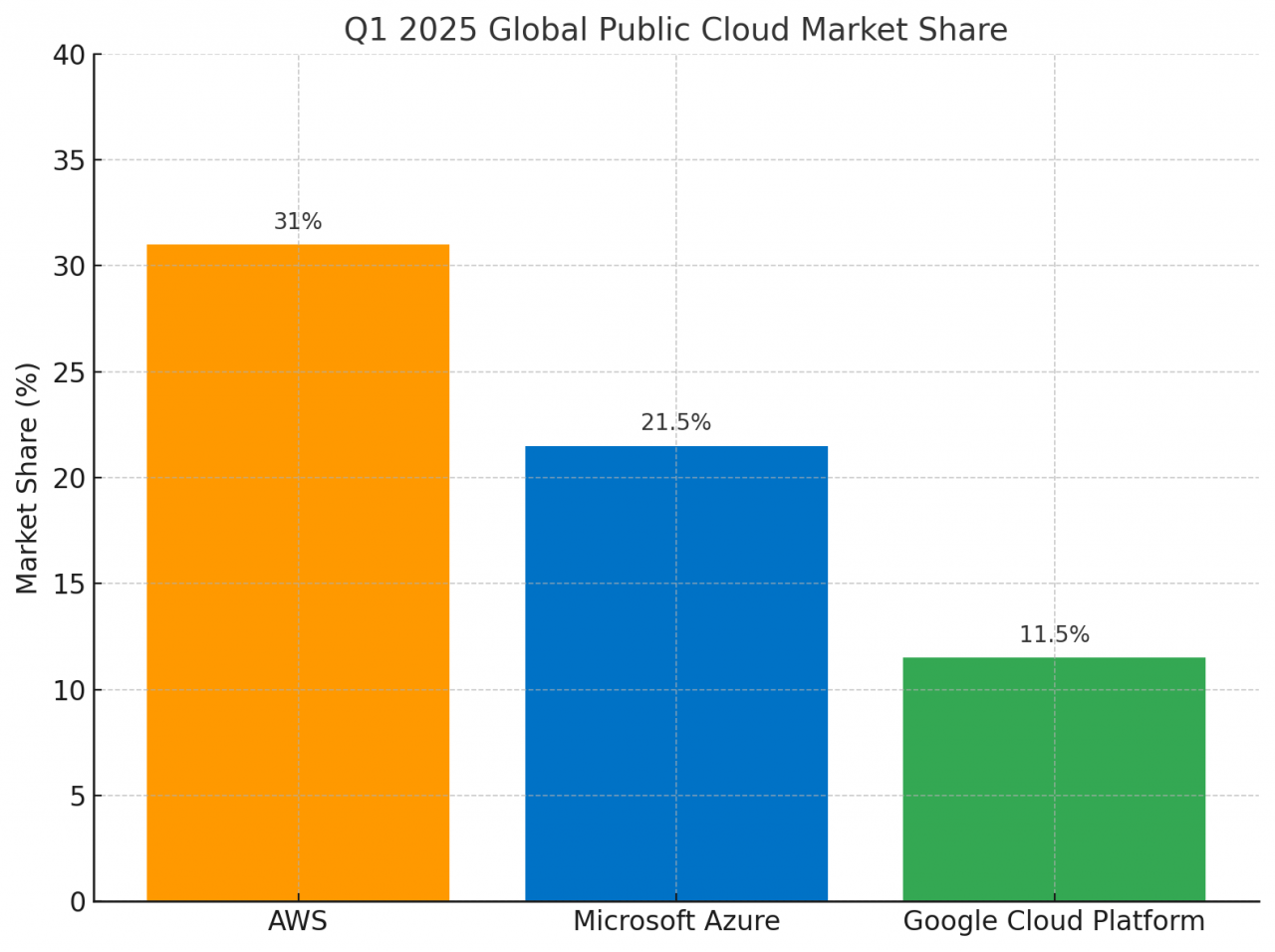
Tech Trends I’m Watching in 2025
Here are the major shifts shaping how we work with cloud:
- AI & Generative AI in the Cloud: AI/ML are now baked into almost every cloud service. If you’ve got cloud + AI skills, you’re golden.
- Multi-Cloud & Hybrid Setups: Companies want flexibility. That means knowing more than one cloud (or at least understanding how to work in hybrid environments) is a major plus.
- Cloud-Native Everything: Think containers, microservices, Kubernetes. By 2025, over 95% of digital workloads will run this way.
- Edge Computing: With 5G and IoT, processing data near the source is growing fast.
- Cloud Security: This one’s massive , things like zero-trust architecture and confidential computing are in high demand.
- FinOps: Managing cloud costs efficiently is becoming a must-have skill.
- Vertical Solutions: Healthcare, finance, and manufacturing are getting their own specialized cloud tools.
So, What Do I Think About Each Cloud Provider?
AWS: Best for Broad Career Opportunities
- Why learn it: It’s the most widely adopted cloud, with tons of roles.
- Advice: If you’re new, AWS is a solid start. Huge ecosystem, endless documentation, and jobs everywhere.
- Avg Salary: ~$140,000/year for cloud engineers
- High-paying roles: Solutions Architect ($140K–$180K), DevOps ($130K–$175K), Security ($140K–$190K), ML Engineer ($140K–$200K)
- Key skills: EC2, S3, Lambda, VPC, RDS, CloudFormation, Terraform, Ansible, Docker, Kubernetes, Python, Bash
Azure: Strong for Microsoft Ecosystem & Enterprises
- Why learn it: Perfect if you’re coming from a Microsoft-heavy background (.NET, SQL Server, Active Directory, etc.).
- Advice: If you’re targeting big enterprises, Azure’s your best friend. Compliance is top-notch too.
- Avg Salary: ~$141,600/year
- High-paying roles: Solutions Architect ($130K–$170K), DevOps ($120K–$150K), Security ($100K–$130K), Data Engineer ($100K–$135K)
- Key skills: Azure VMs, Blob Storage, Azure DevOps, GitHub, Sentinel, Azure Arc, hybrid cloud setups
GCP: Best for AI/ML, Data, and Innovation
- Why learn it: If you’re passionate about data science, AI, and working with startups or modern cloud-native apps, this is it.
- Advice: GCP feels lighter and more developer-friendly in many areas. Great if you’re into Kubernetes too.
- Avg Salary: ~$143,000/year ; highest average right now
- High-paying roles: Data Scientist, ML Engineer, Cloud Security, Cloud Architect (some up to $220K!)
- Key skills: BigQuery, GKE, Compute Engine, TensorFlow, Python, Go, data pipelines, AI platforms
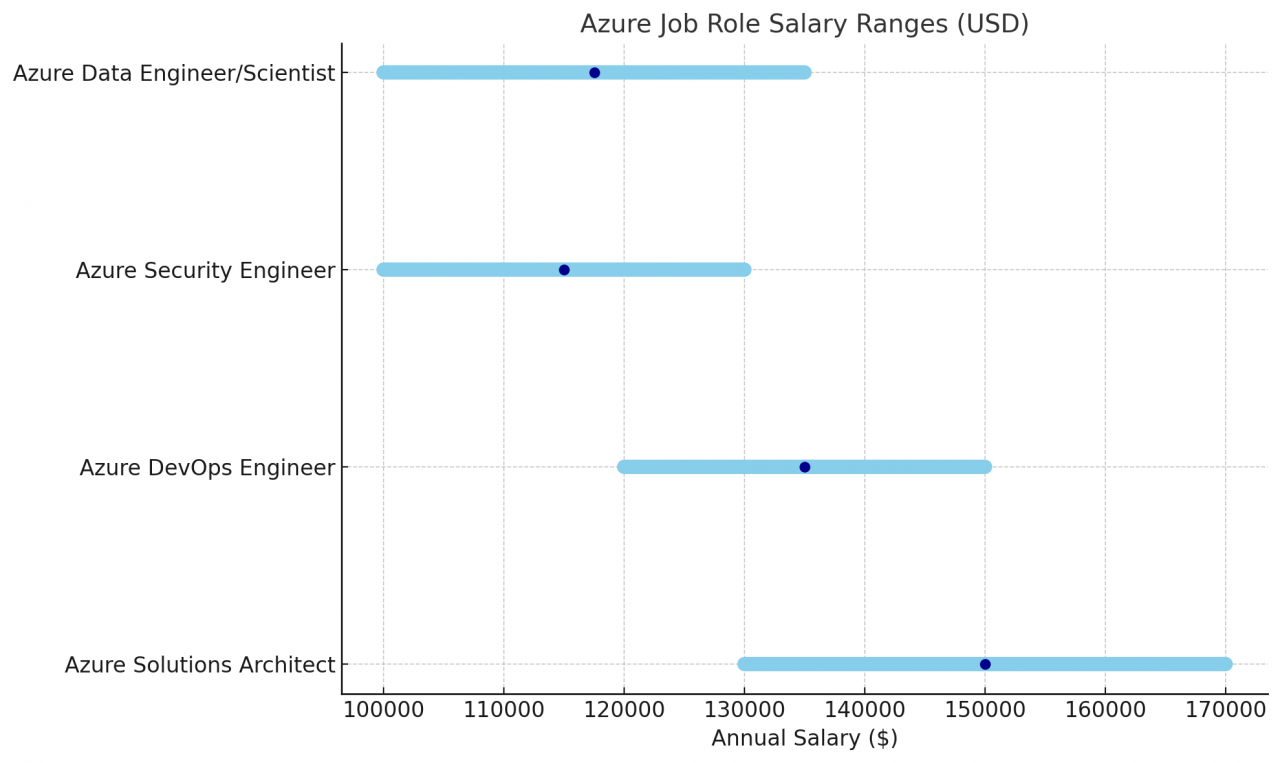
My Advice: What Should You Learn?
- If you want job volume and versatility → Start with AWS. It opens the most doors.
- If you’re in a Microsoft-heavy career or working with big enterprises → Go with Azure.
- If you’re all about AI/ML, data, or open-source → Choose GCP.
Or… learn a bit of all three.
I genuinely believe in the hybrid approach. Get deep in one cloud, but understand the basics of the others. Multi-cloud is the future, and employers love that flexibility.
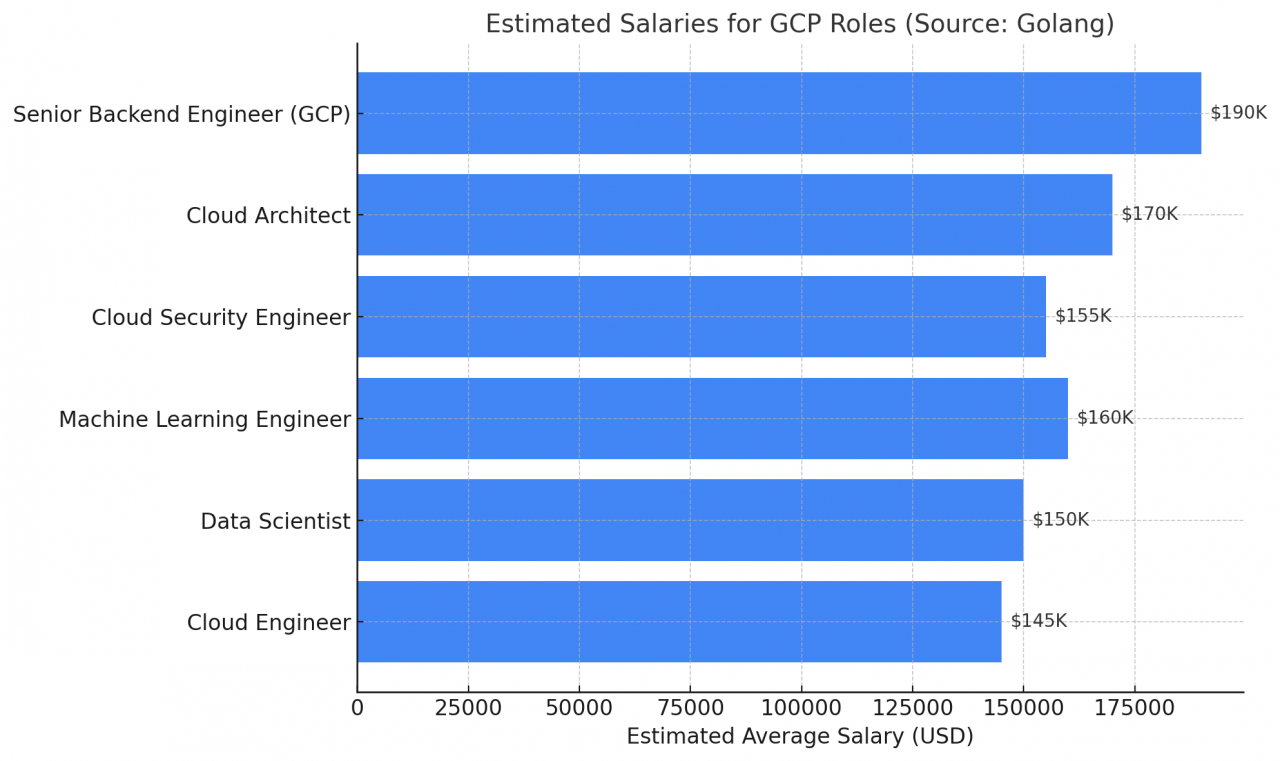
Must-Have Cloud Skills in 2025
If I were starting from scratch, I’d focus on:
- Containers (Docker), Kubernetes, serverless (Lambda, Functions)
- CI/CD, Terraform, CloudFormation, automation tools
- IAM, encryption, and cloud security best practices
- Data engineering + analytics
- AI/ML workflows on cloud platforms
- Programming: Python, Go, Bash, PowerShell
Final Thoughts
AWS still leads the pack in market share and jobs, but Azure and GCP are strong , especially if you’re working in regulated industries or passionate about data science and AI. Pick based on your background, interests, and career goals, but don’t limit yourself to just one. A multi-cloud skillset is going to be your biggest asset in 2025 and beyond.


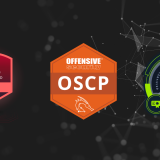
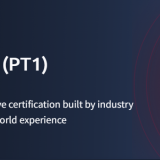







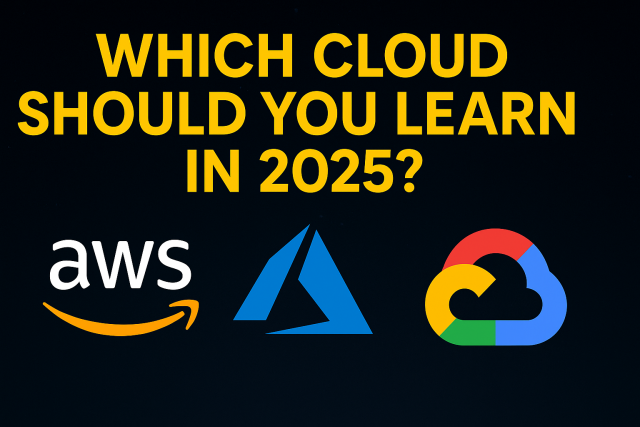
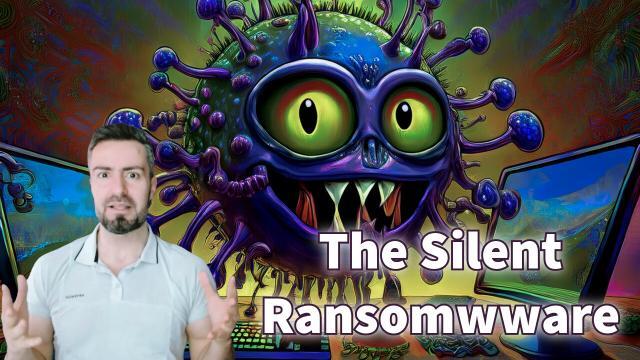















Post Comment